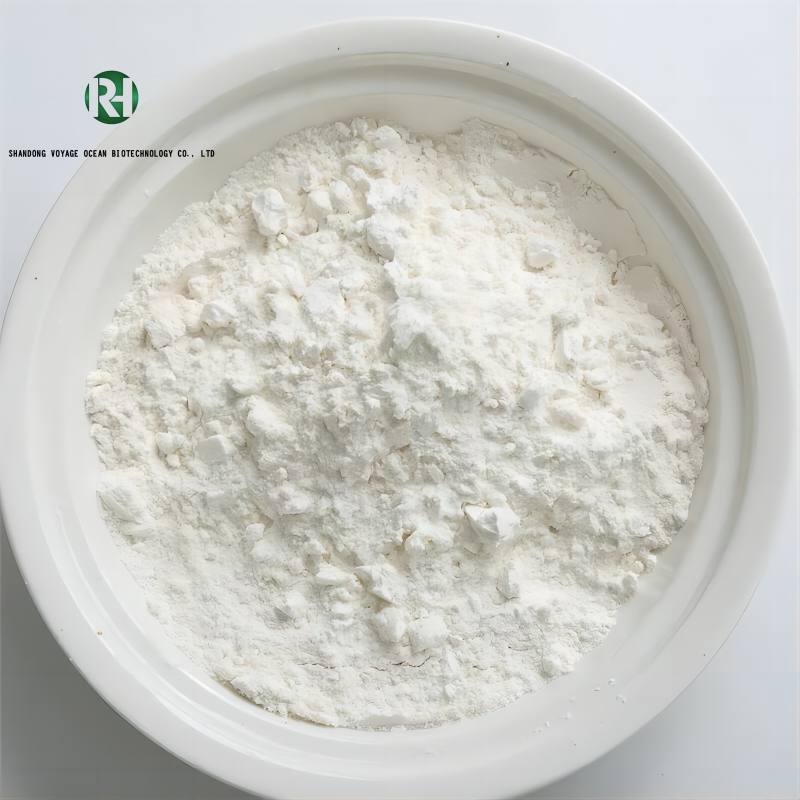-
Categories
-
Pharmaceutical Intermediates
-
Active Pharmaceutical Ingredients
-
Food Additives
- Industrial Coatings
- Agrochemicals
- Dyes and Pigments
- Surfactant
- Flavors and Fragrances
- Chemical Reagents
- Catalyst and Auxiliary
- Natural Products
- Inorganic Chemistry
-
Organic Chemistry
-
Biochemical Engineering
- Analytical Chemistry
- Cosmetic Ingredient
-
Pharmaceutical Intermediates
Promotion
ECHEMI Mall
Wholesale
Weekly Price
Exhibition
News
-
Trade Service
February 28, 2021 News/bioon.
com" target="_blank">/---In a new study, researchers from the St.
Jude Children’s Research Hospital in the United States revealed a previously unknown biological mechanism through which the immune system produces memory T cells to kill bioon.
com/course_video/xi-jun-fei-bian-ma-RNA-de-xi-tong-fa604804.
html">bacteria , viruses, and bioon.
com/course_video/chang-fei-bian-ma-RNA-yu-zhong-liu959063.
html">tumor cells .
This discovery has multiple implications for how the adaptive immune system should produce such memory T cells in response to infection.
This experiment also revealed the mechanism that inhibits the production of long-lived memory T cells, which are constantly renewed over time to protect the body.
Blocking these inhibitory mechanisms with drugs or genetic methods may improve protective immunity against infection and cancer.
The relevant research results were published online in Cell on February 25, 2021, with the title of the paper "In vivo CRISPR screening reveals nutrient signaling processes underpinning CD8+ T cell fate decisions".
The corresponding author of the paper is Dr.
Hongbo Chi from the Department of Immunology, St.
Jude Children’s Research Hospital.
The first authors of the paper are Dr.
Hongling Huang and Dr.
Peipei Zhou bioon.
com/course_info/series_7.
html">from the Department of bioon.
com/course_info/series_7.
html">Immunology, St.
Jude Children’s Research Hospital .
com" target="_blank">bioon.
com/course_video/xi-jun-fei-bian-ma-RNA-de-xi-tong-fa604804.
html">Bacterial bioon.
com/course_video/chang-fei-bian-ma-RNA-yu-zhong-liu959063.
html">Tumor bioon.
com/course_info/series_7.
html">Immunology
Picture from Cell, 2021, doi:10.
1016/j.
CRISPR assists in mapping metabolic mechanisms
CRISPR assists in mapping metabolic mechanismsWhen the body encounters an infection, the immune system begins to produce effector T cells to attack the invading bioon.
com/course_video/xi-jun-fei-bian-ma-RNA-de-xi-tong-fa604804.
html">bacteria or viruses.
There are two types of these T cells.
The first type is memory precursor cells, which can be formed into memory T cells and exist for a long time to protect the body; they are T cells produced after vaccination.
The second type is short-lived terminal effector T cells, which have immediate cytotoxic activity.
com/course_video/xi-jun-fei-bian-ma-RNA-de-xi-tong-fa604804.
html">bacterial
In this new study, the authors tried to map the metabolic mechanisms that control how the immune system decides to produce memory T cells.
Chi and his colleagues focused on the little-known mechanism that inhibits the production of this type of T cell.
They used a gene manipulation technology called CRISPR to screen more than 3,000 metabolic control genes in mouse cells.
Their goal is to discover genes that regulate the "fate" of effector T cells and memory T cells.
Nutrients play an unexpected role in T cell fate
Nutrients play an unexpected role in T cell fateThis study revealed that the role of nutrients such as amino acids and certain carbohydrates in regulating the fate of T cells was previously unknown.
To the surprise of these authors, their analysis discovered nutrient-related pathways that inhibit the production of memory T cells.
Huang said, "The preconceived concept regarding the role of nutrients in immune cell function is that cells rely on nutrients as energy sources and building blocks.
But our research provides another point of view---nutrients.
Participating in inhibitory pathways and depriving certain nutrients or metabolites may be beneficial to adaptive immunity.
This seems to indicate that what you eat and drink may have a greater impact on immune function than previously thought.
This will be studied in the future.
Important direction.
"
Discovery of new T cell subtypes
Discovery of new T cell subtypesThe study also discovered a new effector T cell subtype, which the authors named end effector priming cells.
Preventing the production of these cells may be the key to enhancing T cell-mediated immunity.
Their research has discovered a way to control the transition of developing T cells from the intermediate stage to the mature end-effect initiating cell.
These authors found that they can manipulate this pathway to keep end effector cells at this intermediate stage, thereby inducing them to proliferate and produce more memory T cells.
Chi said, "These findings highlight the possibility of targeting this pathway to increase protective immunity against infections and bioon.
com/course_video/chang-fei-bian-ma-RNA-yu-zhong-liu959063.
html">tumors .
"
com/course_video/chang-fei-bian-ma-RNA-yu-zhong-liu959063.
html">Tumor
Chi said, "We are very excited about these findings.
By identifying this nutrient signal axis, our research provides new biological insights and therapeutic targets for enhancing memory T cell responses and protective immunity against pathogens and bioon.
com/course_video/chang-fei-bian-ma-RNA-yu-zhong-liu959063.
html">tumors .
Point.
" (Bioon.
com)
com/course_video/chang-fei-bian-ma-RNA-yu-zhong-liu959063.
html">Tumor
References: 1.
Hongling Huang et al.
org/10.
References: 1.
Hongling Huang et al.
org/10.
1016/j.
cell.
2021.
02.
021" target="_blank">In vivo CRISPR screening reveals nutrient signaling processes underpinning CD8+ T cell fate decisions .
Cell, 2021, doi:10.
1016/j.
cell.
2021.
02.
021.
2.
Researchers map metabolic signaling machinery for producing memory T cells
https://medicalxpress.
com/news/2021-02-metabolic-machinery-memory-cells.
html org/10.
1016/j.
cell.
2021.
02.
021" target="_blank">In vivo CRISPR screening reveals nutrient signaling processes underpinning CD8+ T cell fate decisions







